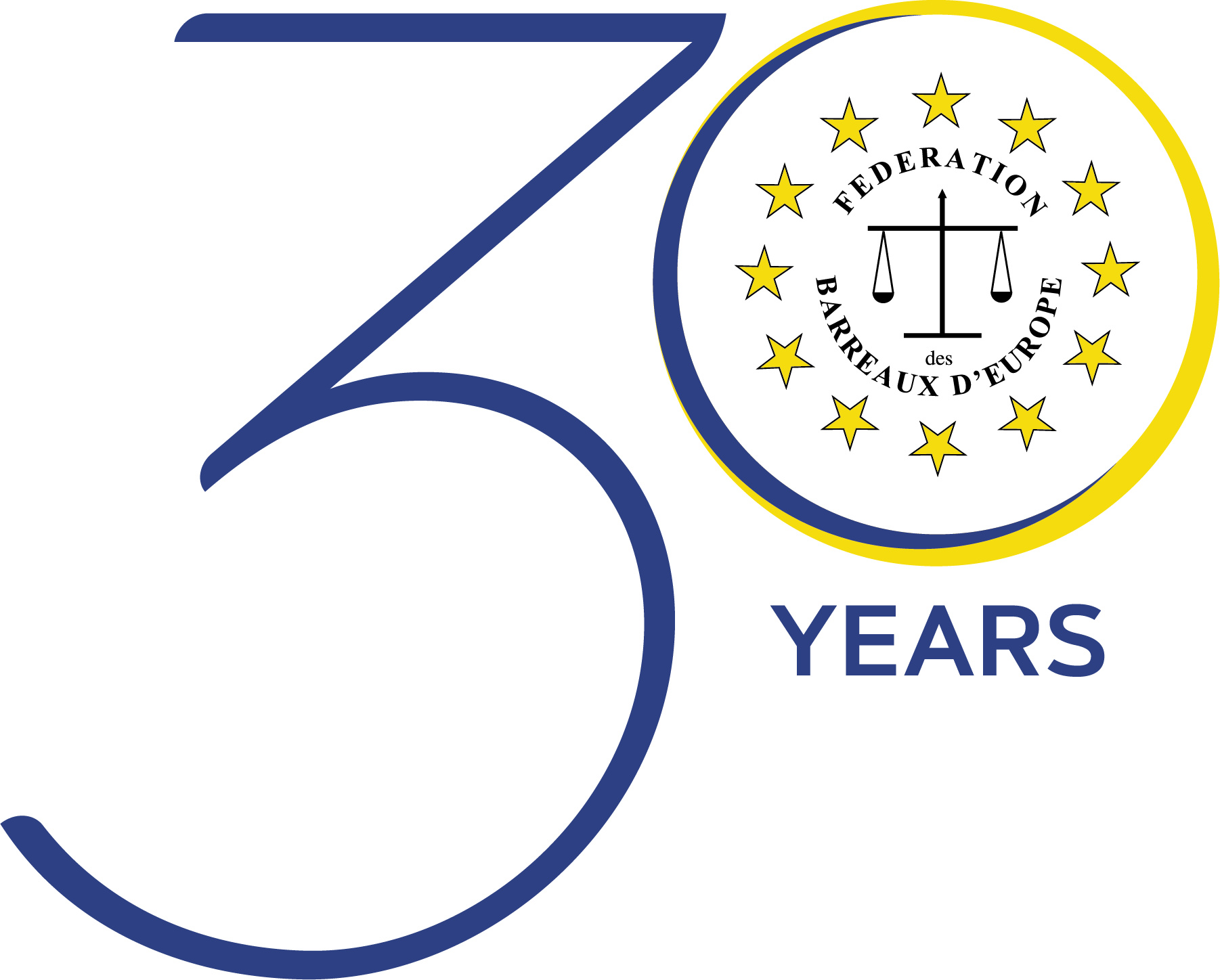Background
1.The Directives on the free provision of services, recognition of diplomas and free establishment, create a legislative framework greatly facilitating lawyers’ mobility in the whole European Union. 2.Whereas this legislative framework is an essential condition for mobility, there is a further condition for which no text can legislate, namely confidence in the quality of lawyers coming from other Member States. 3.The European Bar has acknowledged that notable differences exist both in the preparation of young lawyers for the legal profession, and in the requirement of continuing education for members of the Bars. 4.Judicial organisation is within the exclusive competence of Member States and is still marked by notable differences between the States. Lawyers work within this framework and it must be recognised that those national differences shall not disappear for some time.
Conclusions
1.Initiatives need to be taken in order to harmonise the quality of the training of the lawyer. 2.The harmonisation of the quality of training does not necessarily imply a harmonisation of its content. The priority is to be a harmonisation of quality. 3.However, it is essential to guarantee that every lawyer who qualifies within the European Union has received an education allowing him to understand the European dimension of his profession. 4.The European Bars Federation considers that a certain number of action are to be undertaken in the short term within the European Union in order to commence the process of harmonising quality.
Urgent short term measures
1.Vocational training for the practice as a lawyer must be obligatory throughout the European Union. This training must be monitored by examination or other form of assessment. 2.This training must last at least 2 years. 3.It must include practical professional training with a practising lawyer and a minimum of 100 hours of teaching and practical exercises, some of which must be devoted to ethics. This minimum of 100 hours should progressively be increased to 200 hours. The content of the training must, in each Member State, take into account the specific requirements of the practice of lawyers in that state. In any event, such training must include knowledge of the European Code of Conduct. 4.The training of the instructors responsible for the teaching and practical exercises mentioned in the previous paragraph must be organised at the national level and co-ordinated at the European level. 5.Continuing education equivalent to a minimum of 10 hours each year shall become obligatory throughout the European Union. 6.Appropriate training in Community and European Law should be provide
